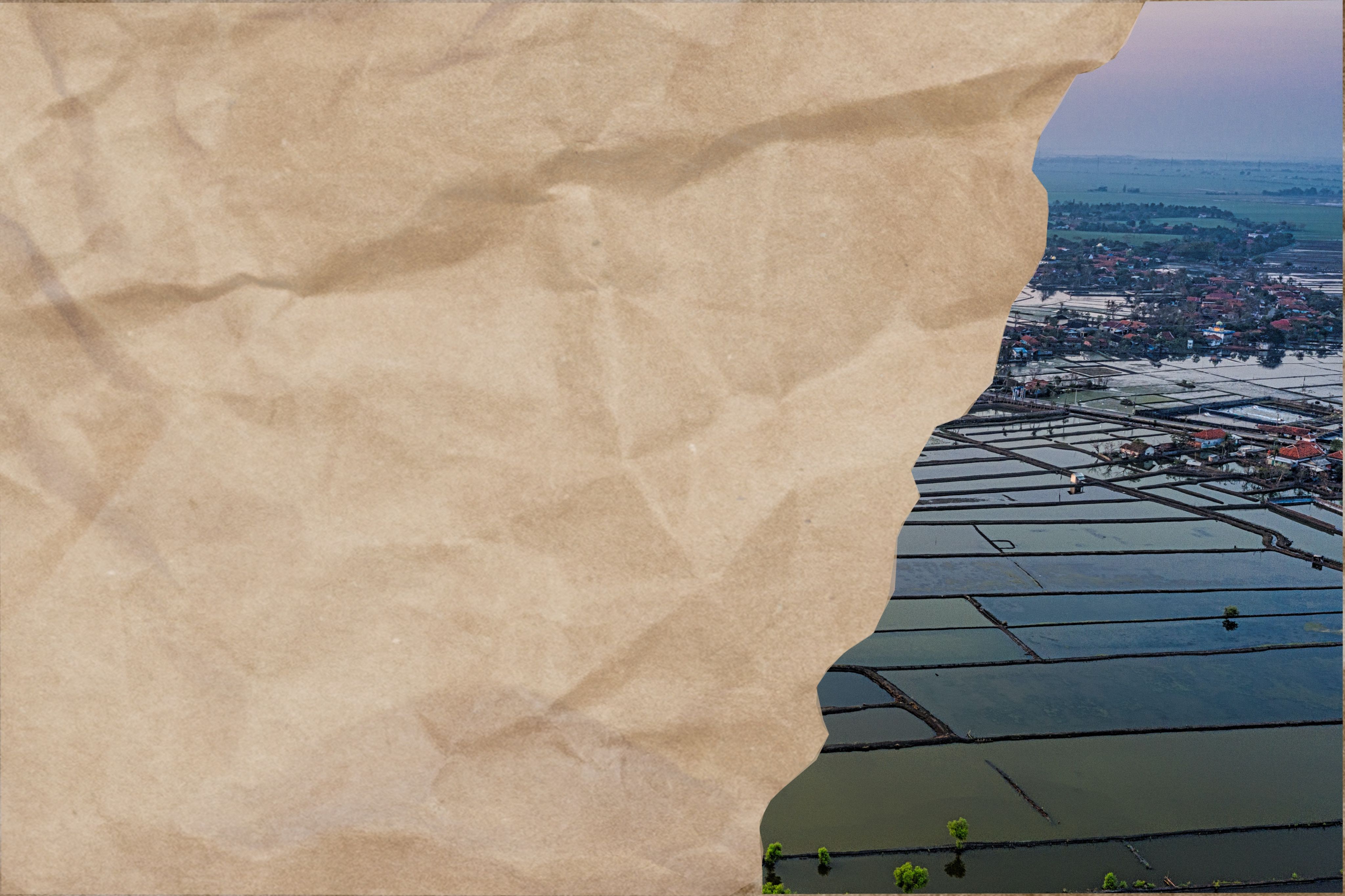EarthRights International
Representing members of local fishing and farming communities in Gujarat, India, EarthRights International achieved a historic Supreme Court win to hold the World Bank to account for loans that have climate impacts.

The massive Tata Mundra coal-fired power plant has caused human and environmental damage in the state of Gujarat, and grassroots organization Machimar Adhikar Sangharsh Sangathan (MASS, Association for the Struggle for Fishworkers’ Rights) has been working with EarthRights International (EarthRights) to hold the International Finance Corporation (IFC) to account. In April 2015, they came together to file a lawsuit against the IFC – which provides critical funding to the Tata Mundra project and is a member of the World Bank Group. The loan IFC provided was predicated on provisions that the company may not cause damage to surrounding communities, and the IFC retained supervisory authority for the project. As the IFC failed to take action to address the damage, EarthRights and MASS filed a lawsuit against them in federal court in Washington DC, which eventually took them to the U.S. Supreme Court.
This landmark case would see a range of Bertha Justice Fellows and Alumnx contribute, including current supervising attorney Michelle Harrison and Fellows Zamira Djabarova, McKenna (“Kenna”) Graziano, Patrick Boyle and Lindsay Bailey joining over the years.
In 2011, the local fishing and farming communities that MASS represented had raised complaints to the IFC using its internal grievance mechanism, hoping to solve the issue. In 2013, the internal grievance mechanism ultimately agreed with virtually all of the complaints, finding the IFC had failed to abide by its own environmental and social safeguards at virtually every step of the project. It called for the IFC to take remedial action. But the IFC management ignored those findings and refused to act. Air and water pollution from the plant has caused major increases in respiratory conditions. Further, with the destruction of the local marine environment and fish populations, fishing families have been unable to sustain their livelihoods.
In early 2015, Michelle and the EarthRights team traveled to India to meet Dr. Bharat Patel, head of MASS. They held meetings with local fishing and farming communities and heard about the negative impact of the Tata Mundra power plant. They began to explore legal strategies for holding the IFC accountable.
In April 2015, Indian fishing and farming families and EarthRights filed the lawsuit. Towards the end of the year, Zamira joined the team. As the case traveled through lower law courts and appeals processes, Zamira provided key legal research and worked with students at the George Washington University clinic on research questions and feedback. In October 2018, all Bertha Justice Fellows at the time were able to meet with some of the Indian clients and partners when senior lawyers from the Stanford Law School Supreme Court Clinic argued the case before the U.S. Supreme Court. As the Fellows became more deeply involved, this interaction was crucial to understanding the clients’ context and background and therefore instrumental to their work on the case.
In a historic ruling in February 2019, four years after the lawsuit was filed, the U.S. Supreme Court found that the IFC, World Bank Group and similar international organizations do not have “absolute” immunity from suit in U.S. courts. In other words, they are not “above the law.” This means the World Bank Group can be sued under the same circumstances as foreign governments, and in U.S. courts. Following the Supreme Court decision, the IFC has announced a number of important policy reforms.
Bertha Fellows Kenna Graziano and Lindsay Bailey have played central roles in briefing the legal issues following the Supreme Court ruling. In January 2020, the U.S. District Court of Columbia held its first hearing on the IFC’s new motion to dismiss the case. The district court ultimately dismissed the motion finding that the plaintiffs had not satisfied the commercial activity exception to immunity. The plaintiffs appealed that decision, but in July 2021, the D.C. Circuit Court of Appeals affirmed the decision, and in August 2021, the plaintiffs asked the full D.C. Circuit Court of Appeals to rehear the case, known as “en banc” rehearing.
While this legal battle is still ongoing in the U.S., the IFC remains the world’s largest loan provider for private-sector development projects globally. The potential impact of this casework on communities and the planet is huge.
CREDITS
Photo 1: EarthRights attorneys, clients and partners prepare to argue the landmark case Budha Ismail Jam, et al. v. IFC at the U.S. Supreme Court. Photo: EarthRights
Photo 2: EarthRights attorneys, clients, and partners prepare to argue the landmark case Budha Ismail Jam, et al v. IFC at the U.S. Supreme Court.
Authors: The Bertha Justice Initiative Team
Editorial Consultant: Karen Frances Eng
This story was originally published in the Bertha Climate book and some of the information in this story may have changed since it was first published.



 Built with Shorthand
Built with Shorthand